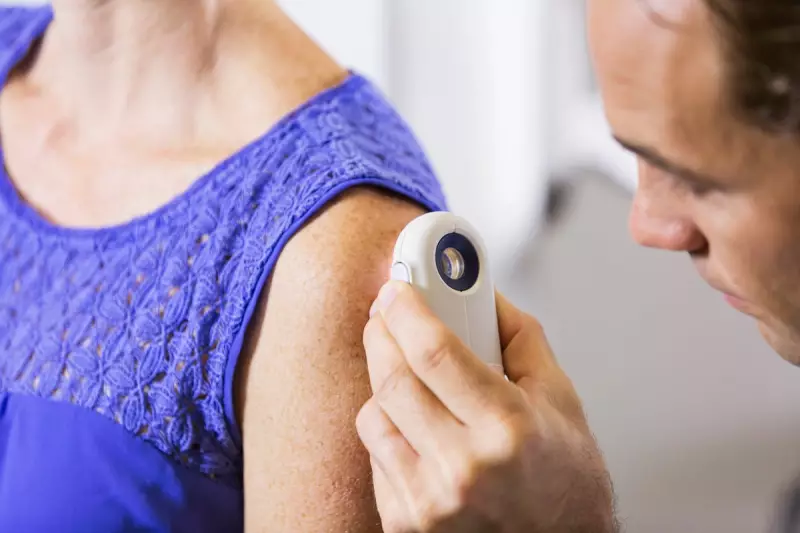
The NHS is trialling a cutting-edge artificial intelligence (AI) tool designed to revolutionise the detection of skin cancer, offering faster and more accurate diagnoses. This breakthrough could transform patient outcomes by identifying malignant melanomas at an earlier stage, when treatment is most effective.
How the AI Tool Works
The AI system analyses images of skin lesions, comparing them against a vast database of known cases. Using advanced machine learning algorithms, it can identify subtle patterns and markers that may be missed by the human eye. Early trials suggest the tool can achieve an accuracy rate of over 90%, significantly higher than traditional methods.
Benefits for Patients and the NHS
Faster diagnoses: The AI tool can provide results in minutes, reducing the anxiety of waiting for test results.
Improved accuracy: By minimising human error, the tool ensures more reliable diagnoses, preventing both unnecessary treatments and missed cases.
Reduced pressure on GPs: With skin cancer cases on the rise, this technology could alleviate the burden on healthcare professionals, allowing them to focus on complex cases.
The Future of AI in Healthcare
This trial marks a significant step forward in the integration of AI into the NHS. If successful, the tool could be rolled out nationwide, setting a precedent for other AI-driven diagnostics in areas like cardiology and oncology.
Professor Sarah Wilkinson, leading the study, commented: "This technology has the potential to save countless lives by catching skin cancer early. It’s a game-changer for both patients and clinicians."
The NHS continues to invest in innovative technologies to improve patient care, reinforcing its position as a global leader in healthcare innovation.





